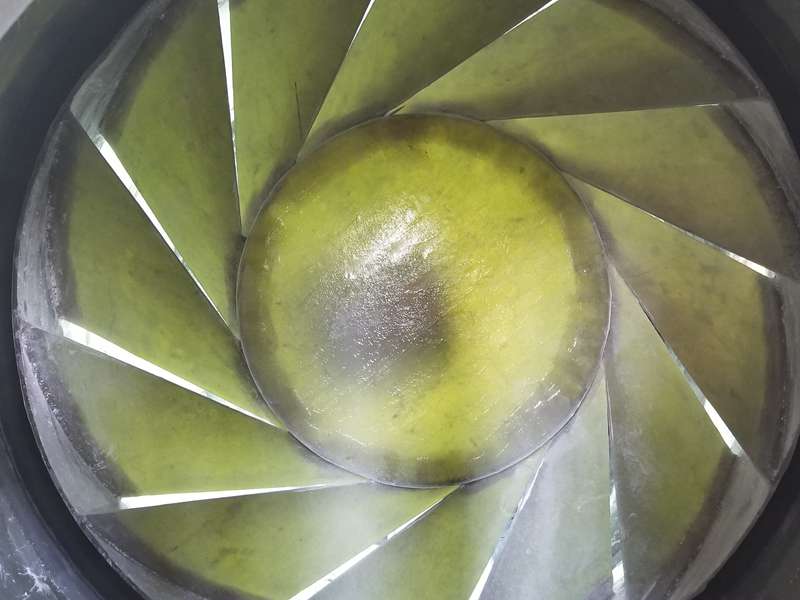
-
 Afrikaans
Afrikaans -
 Albanian
Albanian -
 Amharic
Amharic -
 Arabic
Arabic -
 Armenian
Armenian -
 Azerbaijani
Azerbaijani -
 Basque
Basque -
 Belarusian
Belarusian -
 Bengali
Bengali -
 Bosnian
Bosnian -
 Bulgarian
Bulgarian -
 Catalan
Catalan -
 Cebuano
Cebuano -
 China
China -
 China (Taiwan)
China (Taiwan) -
 Corsican
Corsican -
 Croatian
Croatian -
 Czech
Czech -
 Danish
Danish -
 Dutch
Dutch -
 English
English -
 Esperanto
Esperanto -
 Estonian
Estonian -
 Finnish
Finnish -
 French
French -
 Frisian
Frisian -
 Galician
Galician -
 Georgian
Georgian -
 German
German -
 Greek
Greek -
 Gujarati
Gujarati -
 Haitian Creole
Haitian Creole -
 hausa
hausa -
 hawaiian
hawaiian -
 Hebrew
Hebrew -
 Hindi
Hindi -
 Miao
Miao -
 Hungarian
Hungarian -
 Icelandic
Icelandic -
 igbo
igbo -
 Indonesian
Indonesian -
 irish
irish -
 Italian
Italian -
 Japanese
Japanese -
 Javanese
Javanese -
 Kannada
Kannada -
 kazakh
kazakh -
 Khmer
Khmer -
 Rwandese
Rwandese -
 Korean
Korean -
 Kurdish
Kurdish -
 Kyrgyz
Kyrgyz -
 Lao
Lao -
 Latin
Latin -
 Latvian
Latvian -
 Lithuanian
Lithuanian -
 Luxembourgish
Luxembourgish -
 Macedonian
Macedonian -
 Malgashi
Malgashi -
 Malay
Malay -
 Malayalam
Malayalam -
 Maltese
Maltese -
 Maori
Maori -
 Marathi
Marathi -
 Mongolian
Mongolian -
 Myanmar
Myanmar -
 Nepali
Nepali -
 Norwegian
Norwegian -
 Norwegian
Norwegian -
 Occitan
Occitan -
 Pashto
Pashto -
 Persian
Persian -
 Polish
Polish -
 Portuguese
Portuguese -
 Punjabi
Punjabi -
 Romanian
Romanian -
 Russian
Russian -
 Samoan
Samoan -
 Scottish Gaelic
Scottish Gaelic -
 Serbian
Serbian -
 Sesotho
Sesotho -
 Shona
Shona -
 Sindhi
Sindhi -
 Sinhala
Sinhala -
 Slovak
Slovak -
 Slovenian
Slovenian -
 Somali
Somali -
 Spanish
Spanish -
 Sundanese
Sundanese -
 Swahili
Swahili -
 Swedish
Swedish -
 Tagalog
Tagalog -
 Tajik
Tajik -
 Tamil
Tamil -
 Tatar
Tatar -
 Telugu
Telugu -
 Thai
Thai -
 Turkish
Turkish -
 Turkmen
Turkmen -
 Ukrainian
Ukrainian -
 Urdu
Urdu -
 Uighur
Uighur -
 Uzbek
Uzbek -
 Vietnamese
Vietnamese -
 Welsh
Welsh -
 Bantu
Bantu -
 Yiddish
Yiddish -
 Yoruba
Yoruba -
 Zulu
Zulu
FRP Pipes and Fittings for Ship Building - Durable & Lightweight Solutions
FRP Pipes and Fittings for Shipbuilding
In the maritime industry, the construction and maintenance of ships require materials that can withstand harsh marine environments. One such material that has gained prominence in recent years is Fiber Reinforced Plastic (FRP). FRP pipes and fittings are increasingly being utilized in shipbuilding due to their superior strength, corrosion resistance, and lightweight properties, which provide a myriad of advantages over traditional materials such as steel and aluminum.
FRP is composed of a polymer matrix reinforced with fibers, typically glass fibers, which give it enhanced mechanical properties. This composite material is renowned for its resilience against environmental stressors, such as saltwater, UV radiation, and extreme temperatures. Ships operating in marine environments face constant exposure to these elements, resulting in significant wear and tear on conventional piping systems. The use of FRP pipes and fittings drastically reduces maintenance costs and extends the lifespan of systems on board.
One of the most compelling reasons for using FRP in shipbuilding is its exceptional resistance to corrosion. Traditional metal piping systems are prone to rust and degradation when exposed to saltwater. In contrast, FRP materials do not corrode, making them ideal for applications in bilge systems, ballast water treatment systems, and potable water systems. This corrosion resistance ensures a longer service life for the materials, reducing the frequency and cost of replacements.
Moreover, the lightweight nature of FRP pipes and fittings allows for significant weight savings in shipbuilding. A lighter vessel translates to improved fuel efficiency, which is critical for operational costs as well as environmental considerations. Reducing weight can also enhance the overall performance of the ship, affecting speed and maneuverability. This benefit is particularly advantageous for modern naval vessels and commercial ships, where maximizing cargo capacity while minimizing weight is essential.
frp pipes and fittings for ship building

In addition to their physical attributes, FRP pipes and fittings offer high flexibility in design and installation. They can be manufactured in a variety of shapes and sizes, allowing for customized solutions that fit the specific requirements of a vessel. Their ease of installation reduces labor costs and time during the construction phase, which is a significant advantage in the fast-paced shipbuilding industry.
Another key benefit of FRP is its low thermal conductivity, which makes it an excellent insulator. This property is especially important for systems involving temperature-sensitive fluids, as it helps maintain desired temperatures while minimizing energy loss.
As the shipbuilding industry continues to evolve, the demand for innovative and sustainable materials like FRP is expected to grow. The ability of FRP pipes and fittings to combine strength, durability, and lightweight characteristics positions them as a favorable choice for shipbuilders looking to enhance the performance and longevity of their vessels.
In conclusion, the incorporation of FRP pipes and fittings in shipbuilding presents a game-changing opportunity for the maritime industry. With superior resistance to corrosion, lightweight design, and thermal insulation properties, FRP is not only a cost-effective solution but also a sustainable one. As the industry moves forward, the potential for FRP to revolutionize maritime construction is vast, making it an essential component for future ship designs.









